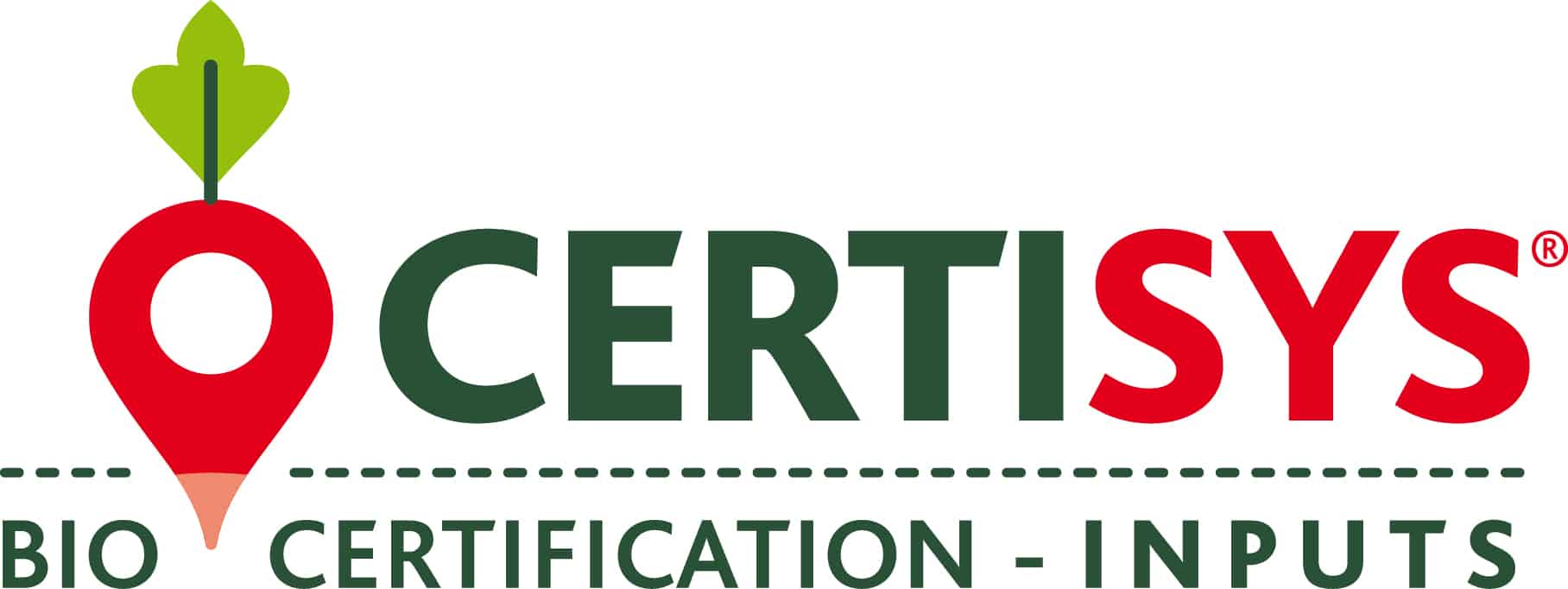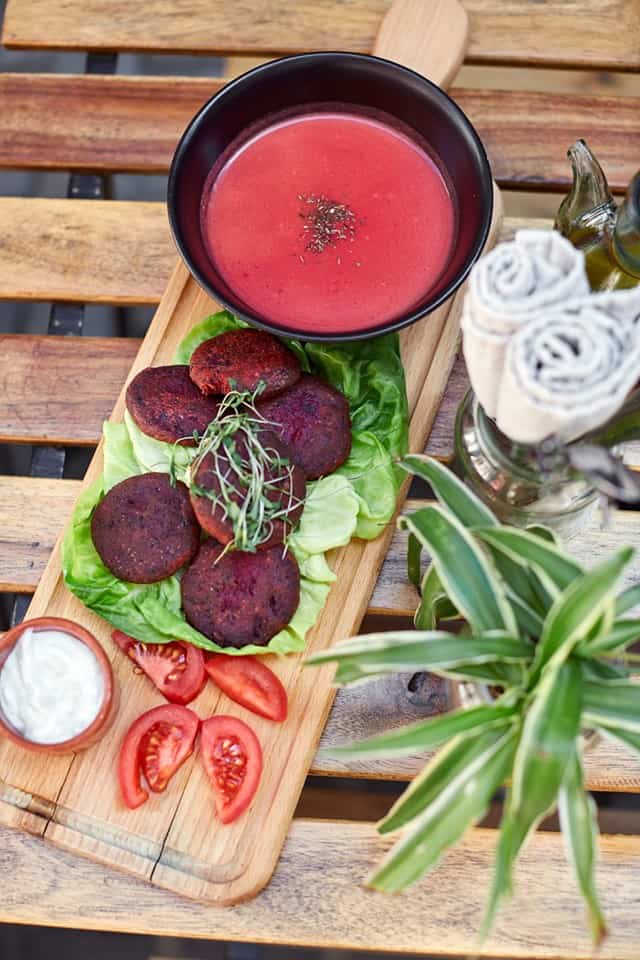Certified organic products
How about enjoying a healthy menu while reducing our environmental footprint?
Since 2015, The Sister Café aims to adapt to the different eating habits in Brussels, as well as to gluten-free or vegan diets with homemade organic dishes and simple recipes without processed foods.
In 2020 we are officially certified by Certisys for the quality of our products. More than 90% of our dishes and drinks are made with organic products.
Enough to satisfy our appetite of fine gourmet…
Certisys label at Sister Café
What is the Certisys label?
Certisys is a specialized control and certification organization for organic products active in Belgium, Luxembourg and worldwide through the CertiBioNet network and is 100% committed to organic.
The controls, carried out in restaurants, caterers, fast food, snack bars, foodtrucks, …. offering organic dishes at least once a year, consist among other things in checking the validity of the certificates of the raw materials, the storage places and the composition of the prepared products.
In Belgium, there are three official inspection bodies approved by the government: Certisys, Quality Partner and Tüv Nord Intégra, who issue an organic certificate.
The importance of eating organic
Organic farming is a production method that emphasizes the use of biological or mechanical farming techniques, as opposed to the use of synthetic chemicals:
“Organic farming is a holistic production management system that promotes agrosystem health, including biodiversity, biological cycles, and soil biological activities.
It emphasizes management practices rather than externally sourced production methods, recognizing that local systems must adapt to regional conditions.
To this end, cultural, biological and mechanical methods are used in preference to synthetic products whenever possible, to fulfill all the specific functions of the system.”
(FAO/WHO Food Codex Commission, 1999).
– Increases biodiversity within the system.
– Increases the biological activity of the soil.
– Maintains soil fertility in the long term.
– Limits the use of non-renewable raw materials by enriching the soil with nutrients from recycled plant and animal waste.
– The use of raw materials within organized local agricultural systems.
– The use of soil, water and air very wisely, limiting any pollution that may be generated by agricultural practices.
– Preparing organic products, choosing an appropriate preparation to preserve the biological integrity and essential characteristics of the product at all stages of production.
– For organic plant production, it is important that the crop is tied to the soil, and the use of synthetic chemical fertilizers and pesticides is prohibited.
– For organic livestock production, growth gas pedals and preventive medicines cannot be used.
In In addition, the welfare, feeding and housing of the animals play an important role and genetically modified organisms (GMOs) may not be used under any circumstances.


